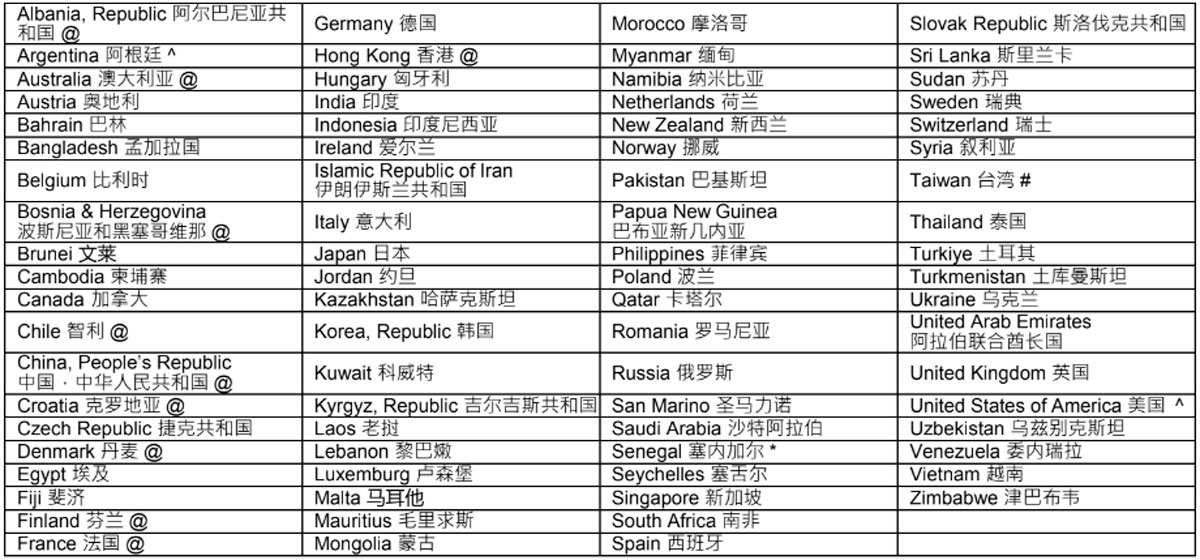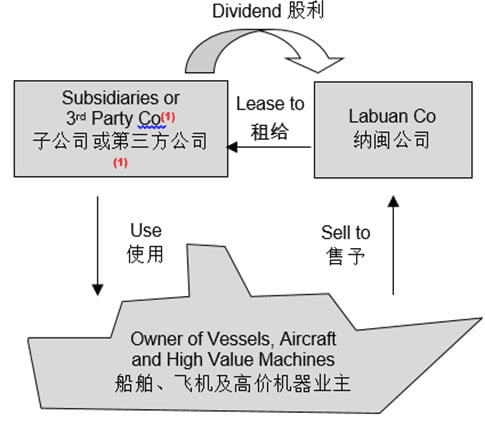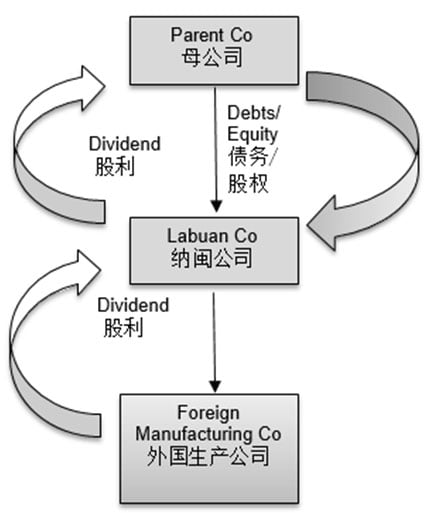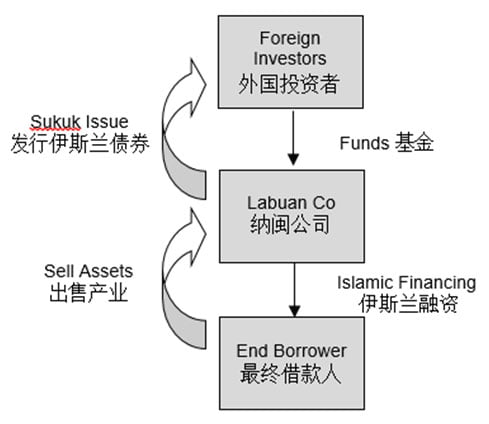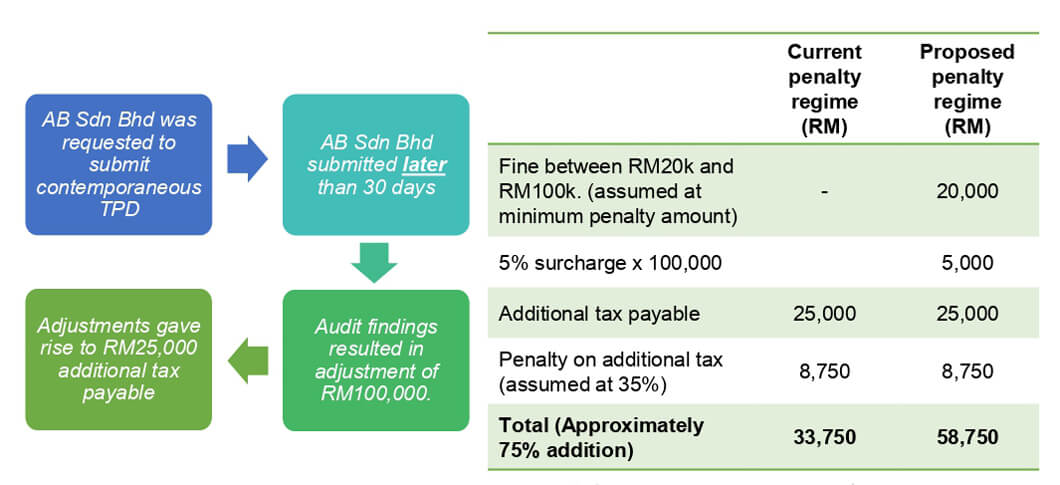Ideas & Insights
Key Takeaway
Special Voluntary Disclosure Programme from 1 June 2023 to 31 May 2024 by the Inland Revenue Board of Malaysia (IRBM) and Royal Malaysian Customs Department (RMCD) with a 100% waiver of penalty
Special Voluntary Disclosure Programme (SVDP) 2.0 (Direct Tax)
In the recent 2023 Malaysian Budget announcement on February 24, 2023, the Prime Minister Datuk Seri Anwar Ibrahim announced the reintroduction of Special Voluntary Disclosure Program 2.0 (“SVDP2.0”) to be carried out by both the Inland Revenue Board of Malaysia (IRBM) and Royal Malaysian Customs Department (RMCD). This program is offered to encourage taxpayers to make voluntary disclosures in reporting their FULL income and pay taxes within a stipulated period.
This newsletter focuses on the SDVP2.0 by IRBM. The guidelines on this special program will be issued by IRBM soon.
Proposed Measures of the SVDP 2.0:
The SVDP is proposed to be available for a period of 12 months, from June 1, 2023, to May 31, 2024.
Based on the proposed measures, the SVDP would cover both direct and indirect taxes. However, the SVDP2.0 does not apply to cases that are currently undergoing auditor investigation.


















